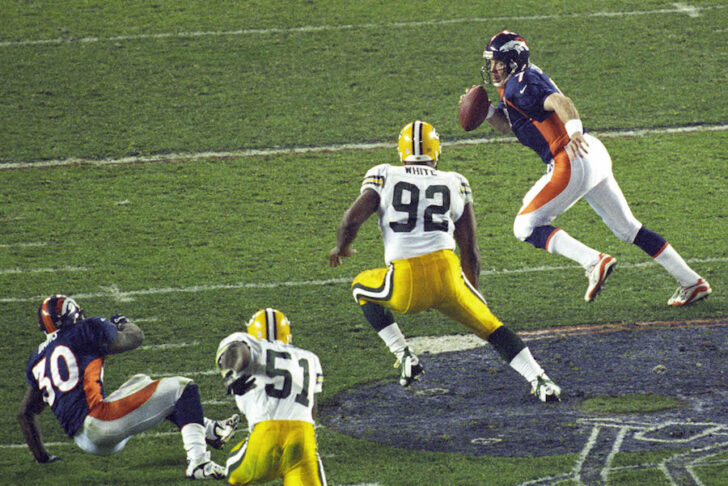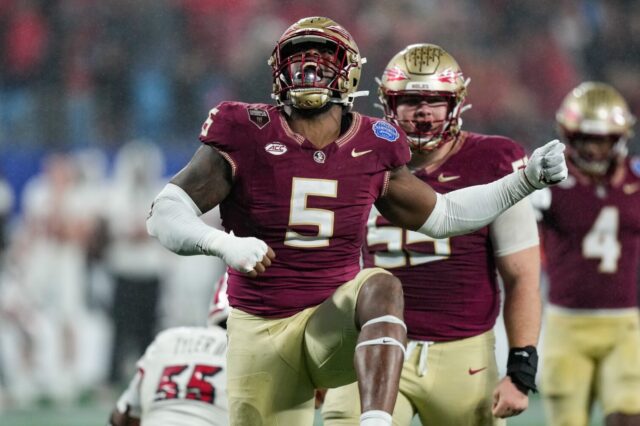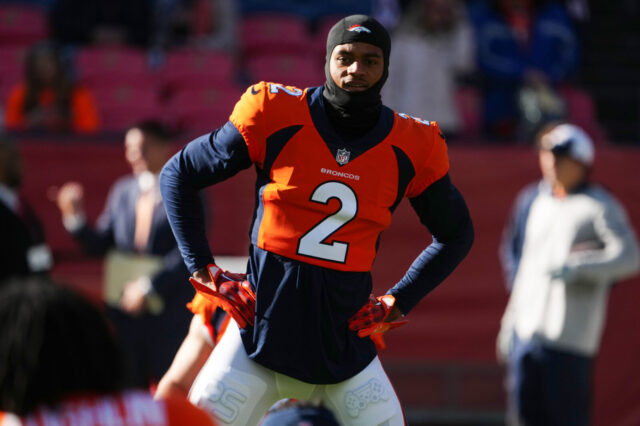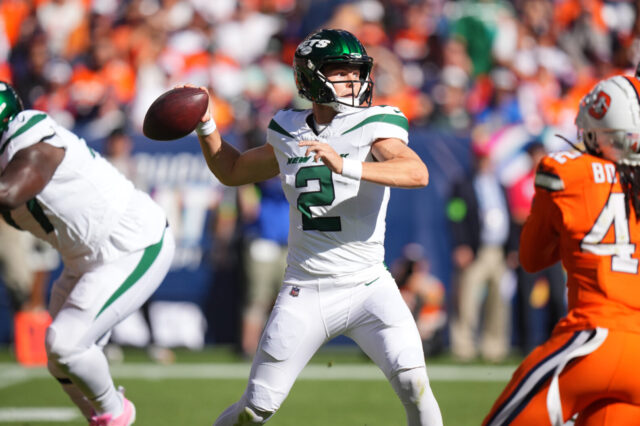Sometimes, Broncos fans need a history lesson. When faced with what looks like a dire situation, they fail to recall what’s transpired in the past as inspiration for how good can arise from something that looks hopelessly bleak.
Perhaps it’s because nobody really likes living in the past; that’s for the dusty books on the shelf that few people like to crack open. Maybe it’s due to a younger fan base; they’re a group that wasn’t a witness to things the first time around. Or it could be the result of Colorado being a transplant state; a lot of those who now follow the team were following another franchise just a few short years ago.
Whatever the reason, there is no excuse. It’s time to crack open the media guide, turn on an episode of “America’s Game” or type a few words into Google, because the 1997 edition of the orange and blue can provide a sense of perspective right about now in Broncos Country.
Right now, everyone in Denver is singing the blues. The town is reeling because their beloved team has blown back-to-back games as a result of second-half collapses. What once looked like a season destined to be Super now appears to be a campaign that has gone completely off the rails.
But the same could have been said for the first team in franchise history to win a championship. In fact, that group was facing even more dire straights.
After starting the season 9-1, the Broncos lost three out of five games in ’97 to fall out of favor as December faded into January. It started when Pete Stoyanovich nailed a 54-yard field goal at Arrowhead Stadium to give the Chiefs a 24-22 win in Week 12, continued when Denver’s defense got torched by the Steelers in Pittsburgh three weeks later, and culminated in the second to last game of the season with a blowout loss on a Monday night in San Francisco.
In the process, the Broncos fell from the probable No. 1 seed in the AFC to second place in their own division. As a result, their road to the Super Bowl would most likely require return trips to Kansas City and Pittsburgh, two places that aren’t exactly inviting in January.
And to make matters worse, Denver was dealing with internal strife. During the 34-17 loss to the 49ers, Broncos linebacker Bill Romanowski was captured spitting in the face of San Francisco wideout J.J. Stokes; the moment mushroomed into a racial issue that threatened to divide the locker room and turn 1997 into a complete disaster.
Facing adversity, however, the Broncos were able to come together as a team. The tough moments created a bond that helped the team come playoff time, making them much stronger than they were the year before when an upstart Jaguars team came into Denver and upset the AFC’s top-seeded team.
Galvanized, the Broncos righted the ship with a 38-3 over the Chargers in the season finale, rolled the Jaguars at home in their first playoff game, went on beat both the Chiefs and Steelers in rematches, and eventually won Super Bowl XXXII over the Packers. Six weeks before that game was played, however, nobody would have predicted that Denver would eventually hoist the Lombardi Trophy.
The same can be said for this year, as people are quickly bailing from the bandwagon. But that’s because just like they did 18 years ago, people are spending too much time focusing on the negatives and ignoring the positives.
Are the Broncos struggling to score points in the second half of games? Yep. Did their defense fail to answer the bell when needed on Sunday? No doubt. And is a brewing quarterback controversy a potential distraction. Absolutely.
But all is not lost. Far from it. A slightly different perspective provides that answer.
First of all, the Broncos did a lot of good things in their losses to the Raiders and the Steelers. They absolutely dominated each game for 30 minutes, a sign of what they are capable of when playing at the best. That can’t be overstated. When right, Denver is a very, very good team; many franchises, some of which are even deemed “contenders” at the moment, can’t make that claim.
To help things, the Broncos figure to get much healthier from here through the end of the season. In recent weeks, they’ve been decimated by injuries, particularly at safety. Against the Steelers, in a game that saw their defense get beat badly in the second half, Denver was forced to go with a player with a broken leg (David Bruton) and two safeties that weren’t on the roster three weeks ago (Josh Bush and Shiloh Keo). The return of T.J. Ward and Darian Stewart will do wonders for a defense that appears in disarray.
Second, and perhaps most importantly, the schedule shapes up well for the Broncos. Their last two games are at home, against a Bengals team playing a quarterback making his second career start and a Chargers team that will be looking forward to Monday tee times during the season finale. That makes for a pair of imminently winnable games, with two victories securing Denver the No. 2 seed in the AFC.
From there, the path to the Super Bowl would include a bye week, a home game and a probable trip to Foxborough. While that might seem dicey, that’s the third positive that people are ignoring.
Sure, the Broncos would be an underdog in New England. But in that game, they’ll be quarterbacked by a youngster who has already beaten the Patriots once this season or a future Hall of Famer looking to rectify a terrible season via a glorious finish. Either option gives them a puncher’s chance against the Pats. Both Brock Osweiler and Peyton Manning provide reason to believe that anything is possible.
Is it likely? Well, no one thought Denver could do it in 1997, either. But a team with talent, especially when forced to endure some hardships late in the season, can shock the football world.
This year’s iteration fits the bill. The Broncos are going to beat the Bengals, knock off the Chargers, win their home playoff game and pull the upset against the Patriots.
Why? Because when focused, they’re the best all-around team in the AFC.
And a history lesson suggests that’s a recipe for success in January.



